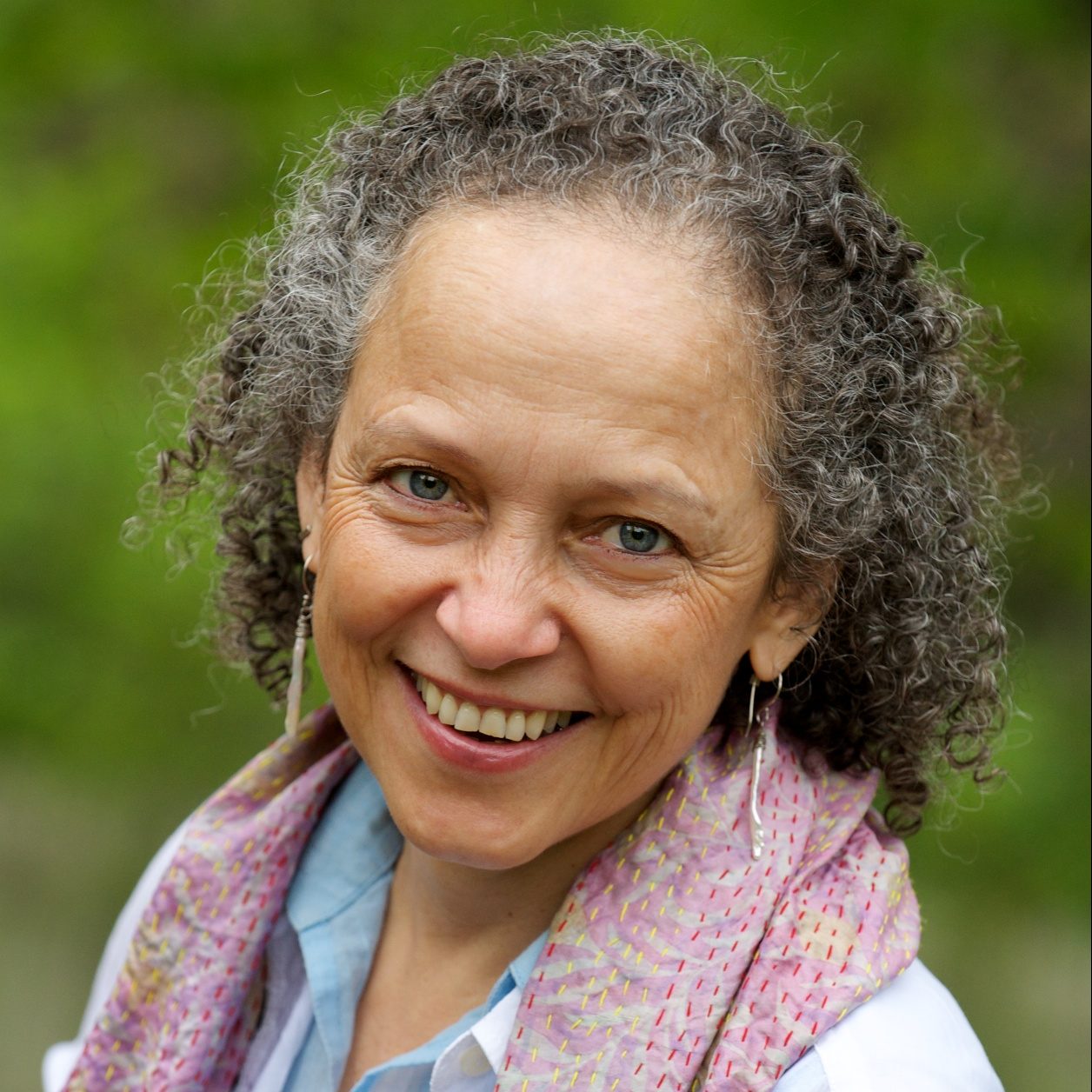This week I speak with luminary and early psychedelic pioneer, Marcela Ot’alora.
As a psychotherapist and an installation artist, Marcela has dedicated her life to exploring and understanding trauma through art and through MDMA-assisted psychotherapy. She was the co-therapist in the first government-approved MDMA-assisted psychotherapy study in Spain. Marcela is also the principal investigator of phase 2 & 3 MAPS’ MDMA-assisted psychotherapy trials in Boulder, CO, USA.
In episode 8 with Rick Doblin of MAPS, we talked about the past, the present and the future of the Psychedelic Renaissance, but we didn’t go “into the room”. We never talked about what it is actually like being with people on MDMA and witnessing the healing happening during an MDMA-assisted psychotherapy session.
In this episode we get to do just that, Marcela and I discuss what it’s like witnessing the emotions that come up during an MDMA-assisted psychotherapy session. What it’s like to be in the room filled with sadness, anger, joy, frustration, all at the same time. Marcela describes the preparation and setting of the sessions, and gives context for anyone considering MDMA-assisted Psychotherapy.
Lastly, we go down memory lane and Marcella talks about how she met Rick Doblin, and gives us her perspective on the last 35 years of progress from when MDMA was first made illegal to now when we’re witnessing it becoming legal again. We also speak about the role of art in healing and in life.
Marcela is a cultural treasure, I hope you enjoy this conversation with her and share it with a friend.
—
This episode is brought to you by The Trip Report – a wonderful online newsletter and blog by Zach Haigney about the latest and most exciting psychedelic news and happenings. If you want to be in the know about the psychedelic renaissance, check it out.
This episode is also brought to you by Fulcrum Venture Accelerator, the fundraising accelerator for mission-driven entrepreneurs. Every 3 months Fulcrum scours the globe for the most impressive entrepreneurs building impactful companies, and we take them through a 3-month accelerator program focused 100% around helping them close seed financing. Our process has already been used to close more than USD $20 million in seed capital and we’re just getting started. If you or someone you know is creating something impactful and is raising seed capital please visit Fulcrum to download free resources and get free pitch feedback.
Show Notes
07:31 Marcela about the pandemic: “It’s pointing to so many different challenges that we have as a society, as a culture.”
08:00 The banner that Marcela made: “Talking about race starts with personal reflection.”
09:08 “Once we look at our biases and we say “yeah, this is my bias”, then we have a choice not to act in a biased way.”
10:29 A book by Tav Sparks “The Power Within”
11:21 Marcela about the study: “We had people say “I don’t know if I’m suffering enough to be in this study when there are other people that are suffering so much more than I am.”
12:44 Marcela explains the inner-directed approach.
15:07 Will about emotional vs. mental insight: “I went to engineering school. I reached many mental conclusions as I solved all these problems but I didn’t change as a person.”
16:21 What people think healing looks like: “If I could understand, if I could see all the pieces, then I can move on, and my life will be different, and I will be different because of it.”
19:43 What it actually looks like: “If you go through the front door, it’s like “okay, I’m going to the front door and this is what healing looks like.” and in reality, you need to go through the back door and look at it from the other side.”
22:12 Emotions that come up in the therapy session: “Rage and fear and anger and profound grief and sadness (…) and a lot of joy.”
23:27 Marcela tells a story about one of her patients, after all the hard work she’s done during the therapy: “She said, “okay, now I deserve to dance, we’re going to dance!” And she had a specific song in mind and she wanted us to dance with her and we just danced. And it was so beautiful.”
27:00 About dancing: “To be able to have the freedom to not only move but also occupy your space in the world.”
27:31 Marcela’s favorite thing about what she does: “Witnessing change, but more than that is witnessing people come into their own.”
28:55 How do therapists feel during the MDMA therapy session: “I feel like I’m on MDMA too”
29:48 “People give us permission to be fully ourselves when they’re being fully themselves.”
31:07 “When there’s not a judgment, boy, there is freedom.”
31:16 Trauma of commission vs. trauma of omission
33:23 Holding someone’s hand during sessions
34:45 The power of being witnessed in MDMA therapy: “If nobody heard it, did it make a noise? If nobody saw it, was it real?”
37:29 The use of touch in therapy sessions and the ethical side of it: “It doesn’t have to be all or nothing (…) and everybody needs to be comfortable.”
39:57 Marcela tells the story of meeting Rick Doblin and her perspective on the last 35 years of progress
45:09 Learning from the history of MDMA and sharing the knowledge gained
47:53 What’s the most important – the healing, the compassion, or the money?
49:40 How do we make psychedelic therapy accessible to everyone, especially to marginalized communities: “Words don’t cook rice.”
53:53 “The market won’t solve this problem, that’s why we actually can’t go to sleep about it.”
54:41 Quotes from Marcela’s banner: “You don’t choose the time you live in but you do choose how you want to be, you do choose how you want to think.” & “We are biased, we have a choice, we can commit to making unbiased choices.”
55:17 “Where do we start beyond the words? How do we cook the rice so that we can feed each other?”
55:32 Saying from Ghana: “I store the excess of my wheat in the belly of my neighbor.”
56:00 What is art for you? “I don’t separate it from life. It’s not something I choose to do, it’s something that I am.”
56:44 “Art is a way to express without words and there are so many things that don’t have words.”
58:50 “All art is autobiographical.”
1:01:51 Final words: “Make room for all parts of yourself, because it really is a beautiful thing to be able to know that you and your existence have a place in the world.”



